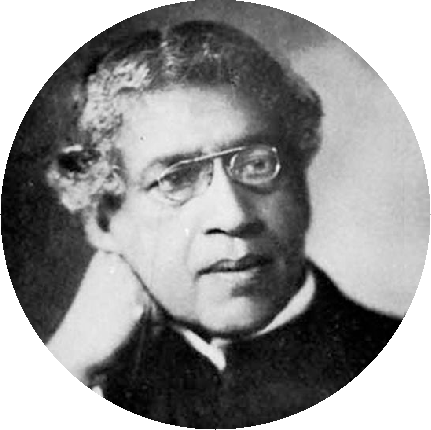
Jagdish Chandra Bose
Indian Scientist
कार्यसामर्थ्याद्धि पुरुषसामर्थ्ये कल्प्यते। (Kautilya Arthashaastra 1.8.28)
From the capability of executing work (alone), can the ability of a person be arrived at!
Through this Sutra, the earliest exponent of Management sets the tone for what determines the “competence’ of a professional. Kautilya declares in no uncertain terms that neither familiarity, tenure, nor loyalty, or commitment, nor character, or even knowledge by themselves define competence. Rather, it is the ability to bring about accomplishment of results, using righteous means, which can truly be termed as Competence. So clarity in purpose, next goals, and then tasks – this is essential for a leader.
How do we determine the greatness of a Writer or Teacher? Or a Naturalist or Philosopher? Or a Scientist or Spiritualist? Sir Jagdish Chandra Bose was all of these but neither craved for recognition nor rewards – his work as father of radio science or first to show that plants have feelings or even the first to show that metals too can “feel” – all deserve Nobel prizes, but did they matter to Bose? Not the least and neither did patents. Rather he opened up what was called Basu Vigyan Mandir – Temple of Science, in Kolkatta (1917) where all his discoveries were opened up to even the general public, what then of secrecy from competing scientists? The logo of the institute was Vajra (Thunderbolt), which symbolized supreme sacrifice in the Puranas. He was completely against using knowledge as merchandise and professed the union of matter and spirit, of animate and inanimate objects, science and spirituality. His shining credentials were his deep friendships and appreciation from fellow greats like Tagore, Aurobindo, Romain Rolland and Swami Vivekananda. The driving force behind all his achievements were the Vedas and to “devote the whole life with strengthened character and determined purpose, to participate in the infinite struggle to win knowledge for its own sake, and see truth face to face.” Exemplary Spiritual Leadership!
Do you as a Leader – strive to nurture connection, harmony and interdependence among the people in your ecosystem?

